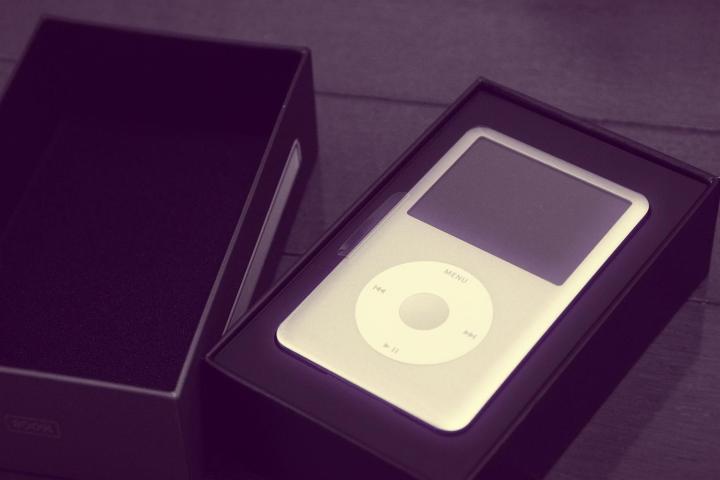
On Wednesday night, Apple’s lawyers submitted a letter to the U.S. District Court Judge Yvonne Gonzalez Rogers, who is presiding over the case, which presented evidence of both of the Plaintiffs purchasing iPods outside of the class period. According to the letter obtained by The New York Times, Plaintiff Wilson informed Apple on December 16, 2010 she purchased an iPod classic 4th generation in April 2005, an iPod Classic 5th generation in December 2006, which aren’t covered under the suit. On January 11 2011, she informed Apple she had also purchased an iPod Touch, which Apple verified was purchased on August 9th, 2010.
The other plaintiff, Marianna Rosen, is now fighting for her creditability. Rosen claimed she purchased an iPod Touch in December 2008, but Apple’s investigation revealed the serial number associated with the iPod Touch indicated it was purchased on June 10th, 2009, over three months after the class period. In addition, Apple stated the iPod was in fact not purchased by Rosen but by her husband’s law firm.
Rosen also claims to have purchased an iPod Mini in the fall of 2007, yet Apple was unable to obtain documentation verifying her purchase. Apple has requested the case be dismissed due to evidence showing neither Plaintiff purchased iPods during the time period specified. After receiving Apple’s letter, Judge Rogers even stated “I am concerned that I don’t have a plaintiff”, according to The Washington Journal.
Bonny Sweeney, the lead attorney for the case against Apple has a few moves left. Sweeney claims Rosen has an iPod Touch she purchased around May 2008 and will respond to Apple’s letter tomorrow. The plaintiff’s lawyers also faxed a request to the judge to allow Minnesota resident Jeffrey Kowalski to be added as a plaintiff under the claim that he purchased an iPod Touch around May 2008. If the judge allows this new plaintiff to be added, the precedent could turn this case into a drawn out headache for Apple. Kowalski’s inclusion could mean Sweeney could continue adding individuals who purchased one of the 100 million+ iPods sold in 2007 and 2008 if necessary.
While the ghosts of Apple’s iTunes past were being dredged up, the company took the time to venture back to that same time period and defend its two-year practice of deleting songs from iPods that didn’t come from its iconic site. Apple’s head of marketing, Philip W. Schiller, claimed the company’s attempt to limit iPods to iTunes products was done to ensure ease of use.
Previously, Apple defended its actions as a preventative measure to guard users from hackers. Apple’s security director, Augustin Farrugia, told the court that hackers “DVD John” and “Requiem” were potential threats, prompting the removal of non-iTunes music from iPods.
Time will tell, but if Judge Rodgers does not allow a new plaintiff to be added to the case, and Rosen’s iPod Mini purchase can’t be authenticated, Apple may be off the hook. We’ll update this story as new details emerge.
Editors' Recommendations
- How to add music to your iPhone or iPad
- Apple removes nostalgic app that made your phone look like an iPod


